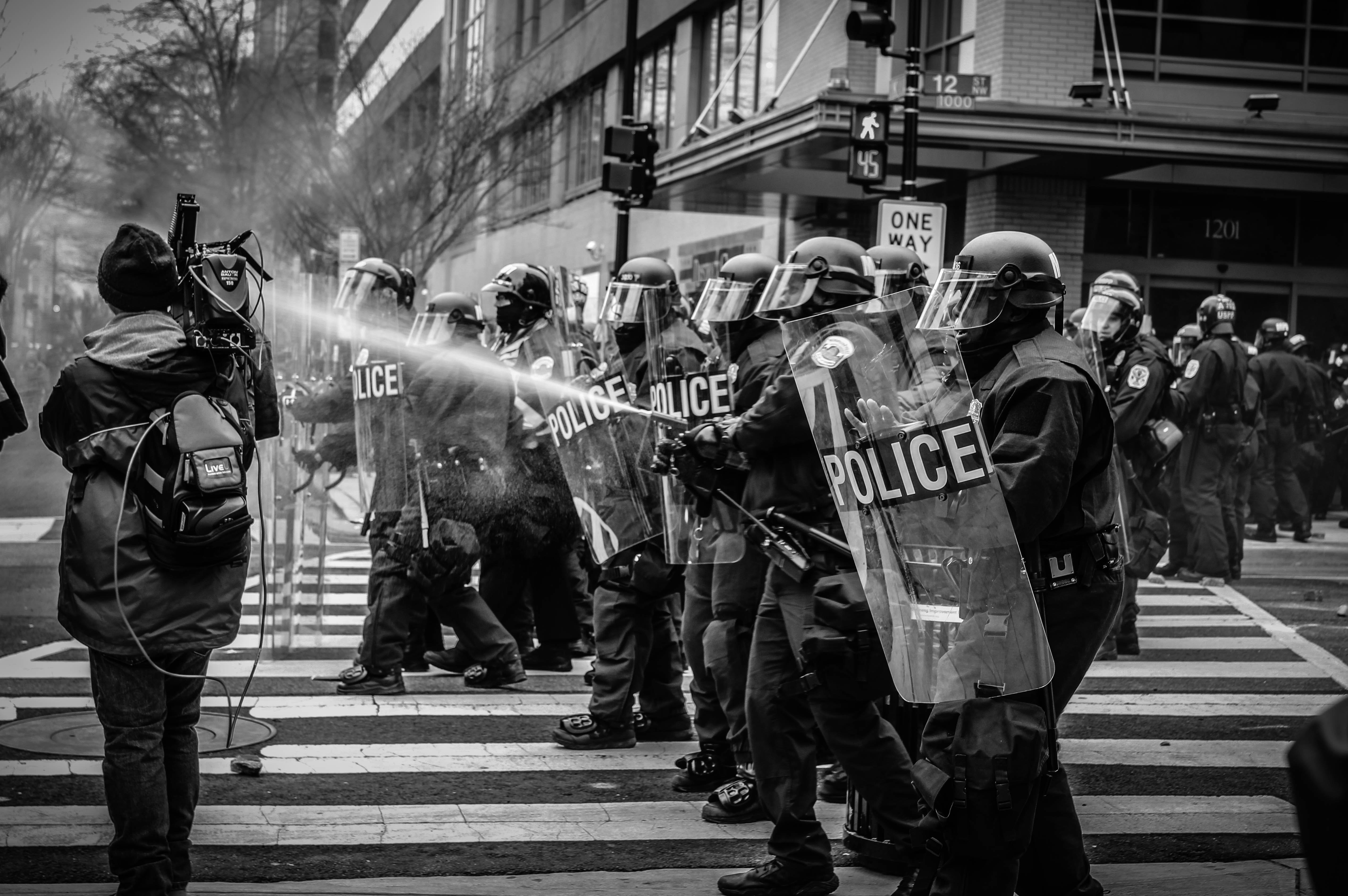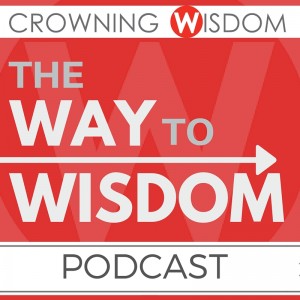
Recent events have left many of us reeling. The onset of a global pandemic, a shutdown of multiple systems of life and society, halted worship services, and intense political tensions have our nation on the edge of economic and social collapse.
Now, with the recent and senseless deaths of Breonna Taylor, Ahmed Aubrey, and George Floyd, communities are in disarray. We are angry, bewildered, and united in our revulsion for what has happened. But we are completely divided on our response.
Most have taken to social media and to the city squares, peacefully protesting and mourning the injustice of these appalling events, marching in solidarity with black and minority communities who are all-too-familiar with these horrors.
Many Christians struggle with the question, what can we DO though?
We may stand with those who have been mistreated, marginalized, and disenfranchised, and speak out against the injustice, but often times, it feels like words are just not enough.
Talk is cheap. Actions speak louder than words, right?
But what action is truly meaningful? What is right for followers of Christ in demonstrating our hatred for these racist attacks and the division that is tearing apart our communities?
If you only read social media posts, you will be made to feel as if anything short of rage and rioting equates acceptance and complicity. Very complicated issues are being reduced to simplistic terms and calls to action without considering the nuances of those very issues.
It’s the “if you’re not with us, you’re against us argument.”
And it’s working somewhat. More and more often I read comments and posts by professing Christ-followers ready to “burn some s___t down” because nothing else seems to work. All other action is viewed as in-action; as if the only way to enact change is to dismantle our cities and social systems brick by brick.
But this is a false dichotomy and very dangerous— especially for Christ-followers who have been given wisdom through Christ Jesus and called to reveal the love and hope of Christ to the watching world.
The problem is that often, we allow voices in the world to dictate to us what loving them should look and feel like rather than going to the Holy Scriptures to be reminded of what love truly is and is not (I Cor 13:4-8). This is especially noticeable when we speak out against sinful, godless behavior, as we are deemed “hateful.” And voices in the world would also tell us that when it comes to promoting positive change for minority groups, “if you’re are not fully in, you are completely out.”
This is particularly problematic for Christians who deeply desire justice, freedom, and opportunity for all and who take to heart the call to speak up for those who cannot speak for themselves, to judge fairly, and defend the rights of the poor and needy (Prov 31:8-9). But if we only listen to the voices of the world, we have no other choice but to throw in our lot with those making the loudest noise and seemingly the greatest impact— the angry, riotous mob.
But is that right? Our problem is that wisdom never promotes a rash, violent response. In fact, those very responses are the earmarks of the the “scoffer,“ or “mocker,” the angry man, and the fool.
“Mockers stir up a city, but wise men turn away anger” (Prov 29:8). What we are seeing is indeed, our cities stirred up and engulfed in rage and no one is stepping up to quell the anger.
Of the violent, hot-tempered man, the Proverbs warns that he:
- ultimately fears (reveres) man
- does foolish things,
- stirs up strife,
- will pay the penalty,
- stirs up dissension and
- commits many sins,
- suffers for his choices
“A fool gives full vent to his anger, but a wise man keeps himself under control.” Prov 29:11
And by contrast, what does the wise man do? What are his characteristics?
- ultimately fears (reveres) the Lord
- controls his anger
- quiets contention
- needs few words
- is even-tempered
- turns away wrath
- stores up knowledge
- listens to advice
- is praised for his wisdom
- his words brings healing
- gives thought to his choices
- walks with the wise and grows wiser
- recognizes danger and knows how to protect himself
- is kept safe
- is more powerful than 10 city rulers!
The wise man is an advocate and ally, a peacemaker, a seeker of true reconciliation, not just a demonstration.
These reminders here should give us all pause as we feel pulled into taking action that deep down we know is not right or Christ-honoring. And recent comparisons of Jesus overturning the money tables in the temple courts to people taking to the streets with bats, bricks, and molotov cocktails is abhorrent and reckless.
It is not good to destroy other’s property. It is not good to harm others or exact revenge for those who have been hurt. So it goes, two wrongs do not make a right.
The apostle Paul stated emphatically, “Do not take revenge….leave room for God’s wrath.” (Rom 12:19)
But we can and must demand justice through our governmental systems, for the Lord “detests differing weights, and dishonest scales displease Him” (Prov 20:23). We all know it is not good to be partial to the wicked or to deprive the innocent of justice (Prov 18:5). To disregard the injustice happening around us would be extreme ignorance and an abdication of our responsibility to advocate for those weaker (or with less influence) than ourselves.
But to join in with the rebellious mobs set on destruction and fueled by rage is ungodly, unwise, and invites disaster. Solomon warned his readers in Ecclesiastes, “The man who fears God avoids all extremes” (Ecc 7:18).
Our greatest power to enact change is through wisdom.
We must find the wise response, for “Wisdom makes one wise man more powerful than ten rulers in a city” (Ecclesiastes 7:19).
And we CAN do this.

We must no longer accept leaders who hide or condone the actions of the wicked; as in the case of George Floyd, police officers who are excessively brutal or demonstrate prejudice towards minorities. We will call to task those who stand by idly while another is exhibiting abuse of power, discrimination, or suppressing another’s rights. They must be criminally charged.
We can listen and we can learn from those who have lived this reality. We can respect their point of view and show actual care by investing emotionally in the lives of others who live a very different existence. We can bridge gaps that others cannot. We can volunteer and serve in areas that are outside of our comfort zone. And we can stop giving friends or associates a “pass” when they make bigoted or racist comments. We can confront those destructive statements (privately is best) and challenge ideologies that are narrow, superior-sounding, or diminishing. And we can peacefully demonstrate our unity and heartbreak for those affected by these tragedies without destroying others in the process. It may not be the extreme response some desire, but it is the wise response.
And we can read our Bibles!
We have been given the very words of wisdom (especially Proverbs and Ecclesiastes) from God through His inspired Word. And through Christ Jesus, who “is the power of God and wisdom of God” (I Cor 1:24) we can certainly enact change and provide justice for those in need.
There is so much more to be read and said about our current state of affairs. I cannot say it all here and I imagine some of this will be lacking the fullness of our call to compassion and wisdom in these disturbing times, but I pray this is at least a start. I address some of the cultural changes that have brought us to a place of such difficulty and destruction in a previous post: Paying the Price for the Breakdown in Wisdom. In it, I share some of the societal and moral shifts of the last 50 years that have produced a culture of despair, immorality, disrespect, division, and criminality.
I sincerely pray this post encourages Christ-followers with the truth of what God values and has deemed right and wrong. In today’s culture, that is not easy to see and is certainly not popular to promote. I honestly doubt many will agree with what I have said here even now because it is not a message of extreme action and response. But it is a message of wisdom for those seeking and searching God’s way of handling these complicated issues. It is what I believe to be the wise response!
If you want to learn more about the wisdom of God found in Scriptures, Crowning Wisdom, is an inspirational reference guide to Proverbs, the very book on wisdom and godly living. In it, I take many of the Proverbs which speak to anger, justice, leadership, and so much MORE and organize them into their topics and areas of application. It is a way of collecting all of the passages that speak to a specific subject matter so that we can gain the fullness of God’s principals and guidelines for morality, godly character, and progress. Let Wisdom be YOUR guide and a crown for your life!“



